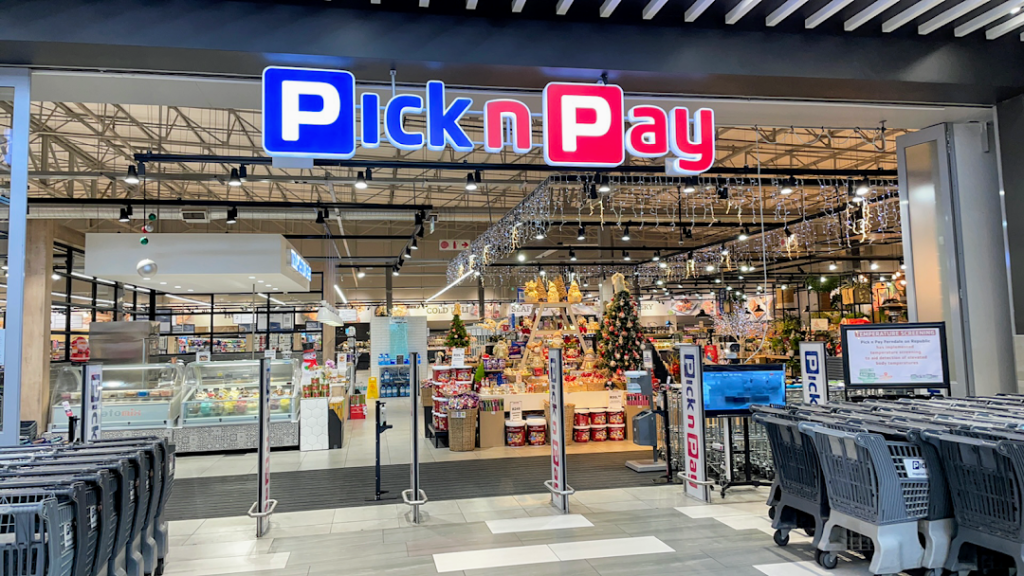
Pick n Pay Joins the Exodus of Foreign Retailers from Nigeria: Economic Strain and Strategic Refocus
South African retailer Pick n Pay is set to exit Nigeria, where it holds a 51% stake in a joint venture with A.G. Leventis, marking yet another foreign retailer retreat from Africa’s most populous country. The decision, confirmed by CEO Sean Summers, arrives as the company opts to concentrate on its core South African operations amid mounting economic challenges in Nigeria. This withdrawal adds to a growing list of international companies—including fellow South African chain Shoprite, Diageo, Sanofi, and Kimberly-Clark—that have reassessed their investments in the region due to Nigeria’s difficult business environment.
Operational Challenges and Economic Headwinds in Nigeria
Nigeria’s market offers an enormous consumer base, yet high inflation, currency devaluation, and volatile operational costs have presented foreign businesses with persistent barriers to profitability. Inflation in Nigeria has soared from 24% to over 34% in just 18 months, driven by steep increases in food and transportation costs. This inflationary pressure, alongside a massive currency depreciation from ₦462/$ to over ₦1,500/$, has eroded consumer purchasing power and created a challenging landscape for retailers and consumer goods companies.
The Nigerian government’s attempts to unify the foreign exchange market and ease dollar shortages have resulted in fluctuations that impact foreign exchange availability and planning for foreign businesses. With these ongoing issues, Pick n Pay and other international retailers have faced increasing difficulty in sustaining viable operations in the Nigerian market.
SEE ALSO: Jumia Exits South Africa and Tunisia to Focus on Stronger African Markets
The Trend of South African and Global Exits
Pick n Pay’s exit follows in the footsteps of Shoprite, which left Nigeria in 2021 after encountering similar challenges in maintaining profitable operations due to currency restrictions and supply chain hurdles. Other multinationals like Diageo, Sanofi, Procter & Gamble, and GSK have also exited or reduced their stakes, citing regulatory difficulties, foreign exchange restrictions, and weakened consumer demand. Diageo, for instance, recently sold its majority stake in Guinness Nigeria Plc, further underscoring the widespread challenges foreign companies face in the region.

Pick n Pay’s Strategic Pivot and Future Plans
Facing a recent half-year loss of 1.1 billion rand, Pick n Pay has decided to consolidate its resources, redirecting efforts to stabilize and grow its South African segments, where challenges persist but are manageable within the company’s strategic control. The company’s profitable divisions, like its Boxer discount chain, saw a notable 16% increase in trading profit, while growth was also reported in its clothing and online sectors. To further capitalize on these gains, Pick n Pay plans to list the Boxer division on the Johannesburg Stock Exchange, aiming to raise approximately 8 billion rand in what could be the largest African listing of the year.
Nigeria’s Economic Prospects and Future of Foreign Investment
While Nigeria’s government is working to attract investment, the macroeconomic instability, particularly in consumer goods markets, has resulted in hesitation among investors who face barriers such as exchange rate volatility and inflationary impacts on consumer demand. Despite these efforts, the realities on the ground remain stark for retailers trying to tap into the country’s vast consumer market.
Pick n Pay’s exit not only highlights the challenges faced by foreign businesses in Nigeria but also suggests that without systemic improvements in regulatory support, currency stability, and inflation control, Nigeria may continue to see foreign companies reconsider their presence in this market.


